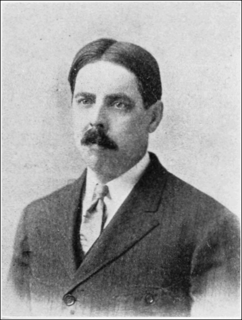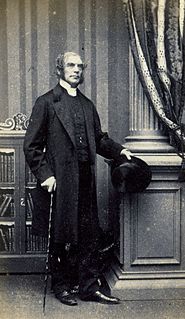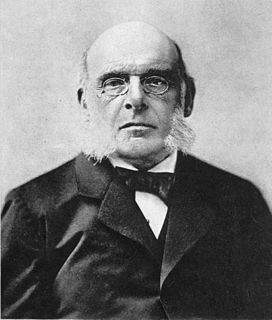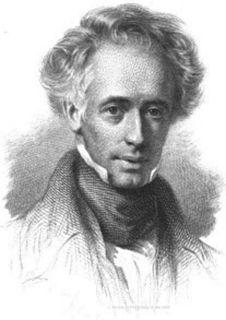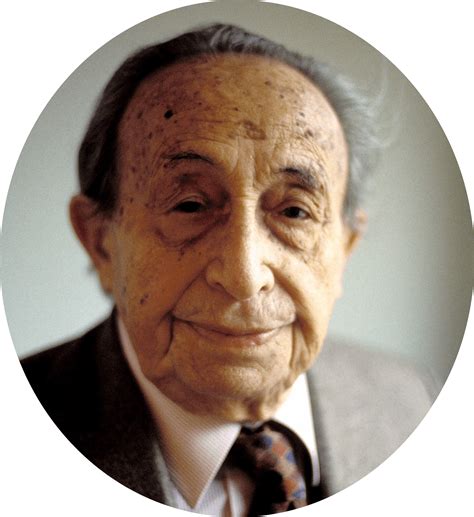A Quote by Charles Darwin
Sympathy for the lowest animals is one of the noblest virtues with which man is endowed.
Related Quotes
Angels are endowed with the noblest created Attributes. They are endowed with wonderful Power. This perfection of Angels is forcibly indicated by the fact that the name Power, or Might, is in several places given to them in the Gospel. No stronger testimony of their high possession of this attribute can be conveyed by a single word; for it is a direct declaration that their nature is power itself.
While some animals exhibit individual powers in higher perfection, man stands for their superior, not only in combining in his own body all the senses and faculties which they possess, but in being endowed with moral and intellectual powers which are denied to them, and which at once place him at the head of the living creation, and constitute him a moral, religious, intelligent, and responsible being.
The common man, finding himself in a world so excellent, technically and socially, believes it has been produced by nature, and never thinks of the personal efforts of highly endowed individuals which the creation of this new world presupposed. Still less will he admit the notion that all these facilities still require the support of certain difficult human virtues, the least failure of which would cause the rapid disappearance of the whole magnificent edifice.
The intelligence displayed by many dumb animals approaches so closely to human intelligence that it is a mystery. The animals see and hear and love and fear and suffer. They use their organs far more faithfully than many human beings use theirs. They manifest sympathy and tenderness toward their companions in suffering. Many animals show an affection for those who have charge of them, far superior to the affection shown by some of the human race. They form attachments for man which are not broken without great suffering to them.
The most evident difference between man and animals is this: the beast, in as much as it is largely motivated by the senses and with little perception of the past or future, lives only for the present. But man, because he is endowed with reason by which he is able to perceive relationships, sees the causes of things, understands the reciprocal nature of cause and effect, makes analogies, easily surveys the whole course of his life, and makes the necessary preparations for its conduct.



